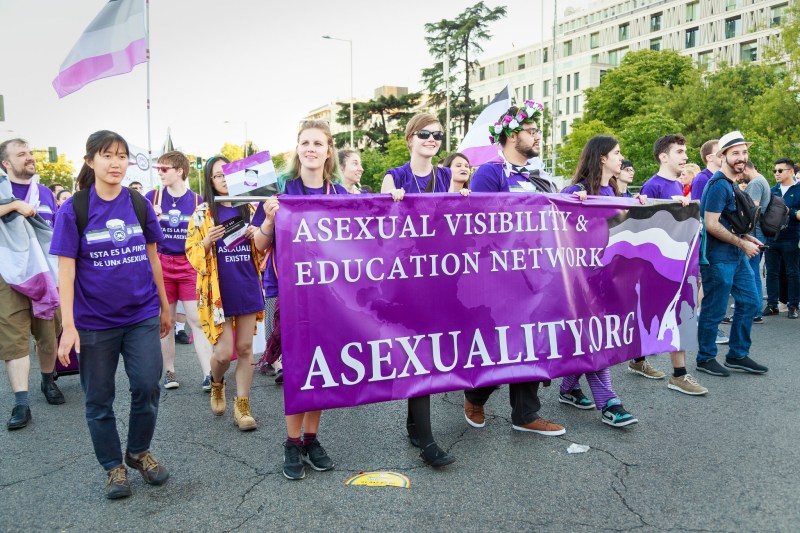Flirting, dating, hooking up, Tinder, breakups gone wrong, Valentine’s Day surprises gone right; a significant portion of conversations on this campus (and content in this section of The Daily) revolves around relationships, sexual preferences and hook-up culture. Stanford prides itself on its openness and inclusivity, and judging from the condoms in front of RAs’ doors, the Terra community, Kardinal Kink and students’ self-expression, among many other things, it seems to have done a decent job. However, some people and identities have been left outside of the picture.
Last year, in “Single and not looking to mingle,” I lamented that this campus’ culture has led to the lack of understanding and acceptance that some people are single by choice. Surprisingly, the article provoked a lot of responses: my family was simultaneously reassured that I wasn’t sleeping around and concerned that my lack of interest in these matters might cast a shadow over my marital future (I’m only half joking); friends told me things along the lines of “huh, I didn’t know you were like that”; potential interests who stumbled upon the article asked me with a confused or even accusatory tone if I was staunchly opposed to relationships of any kind.
It was ironic, to say the least, that a piece intending to start a conversation about certain misconceptions only ended up showing just how deeply rooted they could be. So, in an effort to continue the conversation, I have a confession to make. There is a significant reason for my being single, chill, and not looking for anyone or anything: I am ace.
Asexuality is the oft-forgotten and almost always misunderstood ‘A’ in the LGBTQIA+ gamut, and it is rarely, if ever, included in conversations surrounding issues of representation and perception. There are many ways to live asexuality. It is by no means a term that is defined similarly for everyone, and my take on it is defined by my personal experience. In my case, it means I don’t feel physically attracted to anyone. As such, I’m not particularly interested in hook-ups or relations based on physical satisfaction because all that stuff is really not my thing.
Coming to terms with this lack of interest has been a journey, and I still sometimes feel wishful when friends talk about crushes, making out at parties or sleeping with people they maybe shouldn’t have. If only I could feel the excitement of a one-night stand, sleep over without a second thought, kiss a cute stranger I just met and enjoy it, do all the stupid or not-so-stupid things college students do. I realize that the grass is always greener on the side and that this is fruitless wishing, but still, I can’t help it.
Being ace, however, does come with a few funny stories of its own. To the great amusement of my roommate and close friends, my not being attracted to people also means I have the hardest time figuring out when they are attracted to me. Blissfully unaware of any flirting attempts, I am oblivious to any possibilities — which my friends, however, are quick to take note of and tease me about. I am rational to a fault, which is great when someone needs advice but less great when it comes to thinking with my heart instead of my head. Attempting to figure out if someone is “into” me involves mental computations that rival those demanded in a math problem set, and my “focus face” is a common laughing point for my friends, past significant others and myself.
In the ace flag, asexuality is represented by black and the asexuality spectrum by grey, both a stark contrast to the rainbow of the LGBT Pride flag. But I don’t think it should be that way — being ace is colorful in its own right. I just hope we have more conversations about it and start to recognize the particular challenges and richness it entails.
Contact Axelle Marcantetti at axellem ‘at’ stanford.edu.
